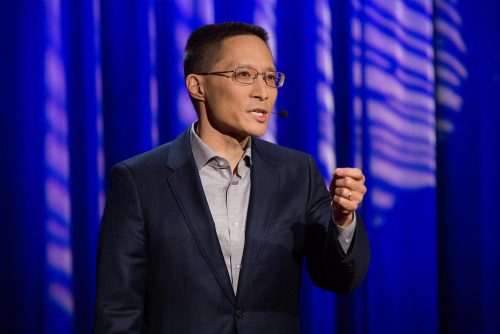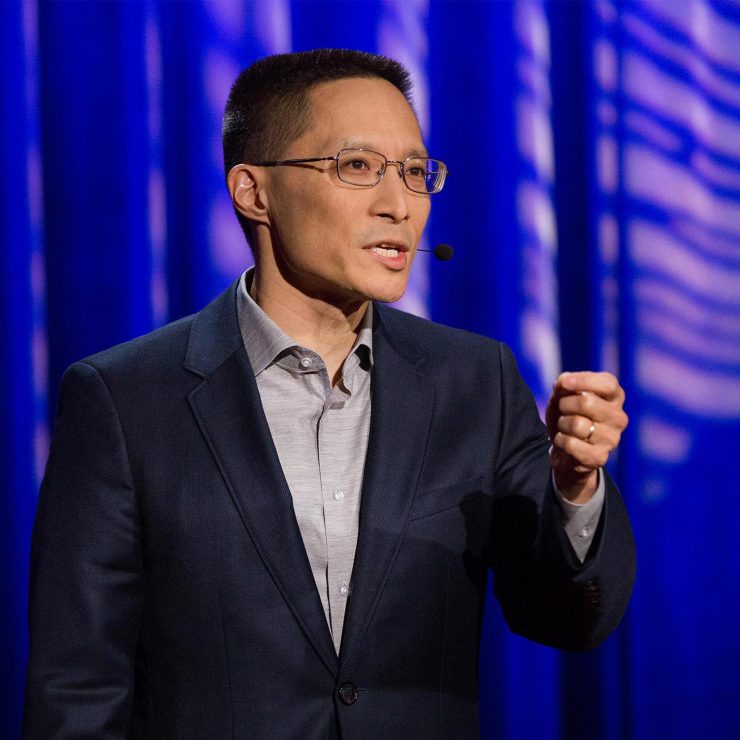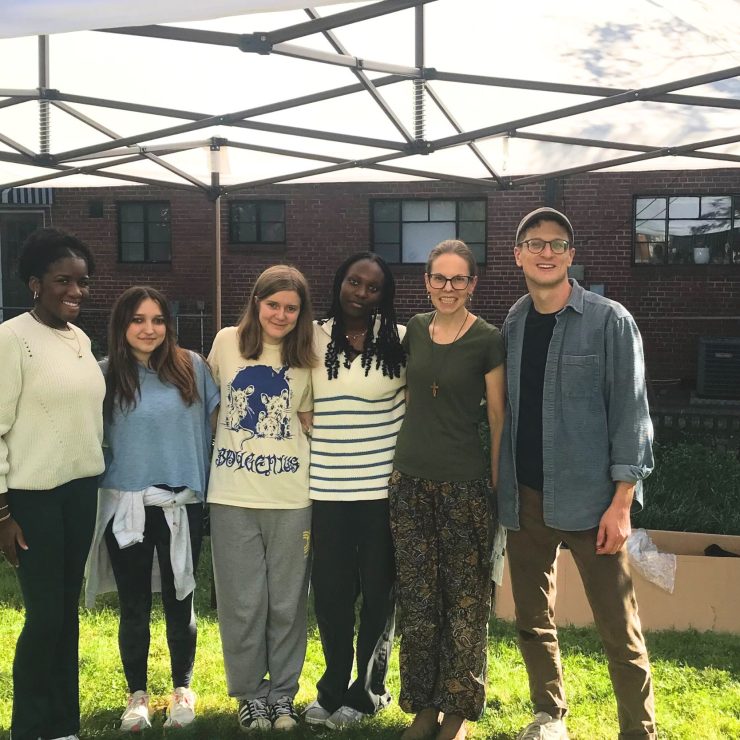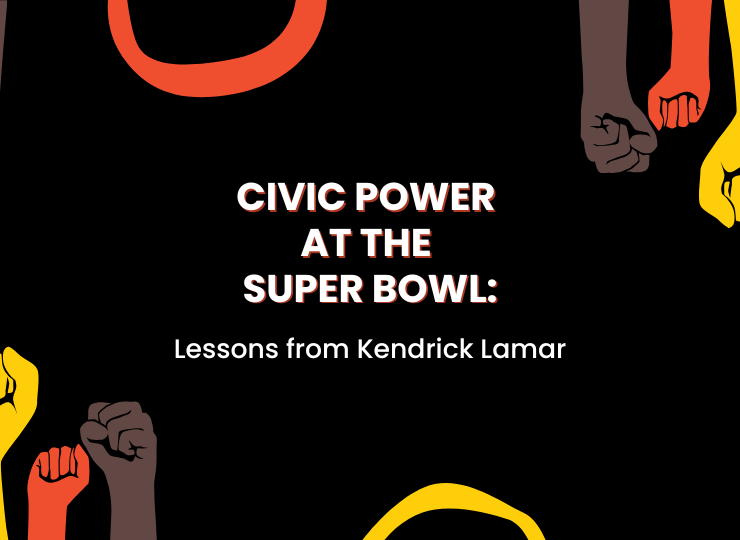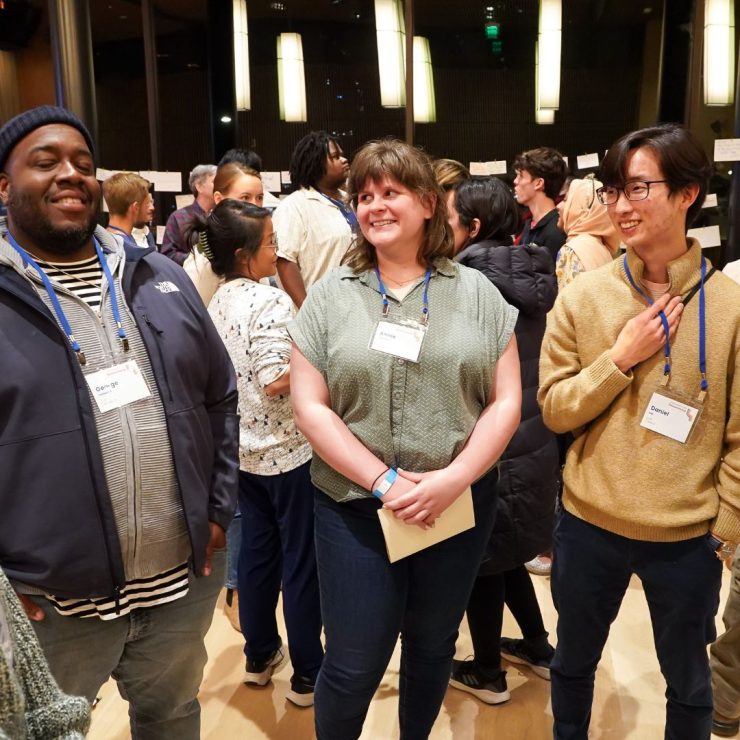A citizen — a member of the body, a contributor to community.
Not a subject.
Not a spectator.
Someone responsible for self-government.
For over 11 years, Citizen University has been teaching people to practice power and cultivate character in the communities where they live. Our programs are rooted in place and in relationship, and they help people to see and take responsibility for the civic culture of their unique part of America.
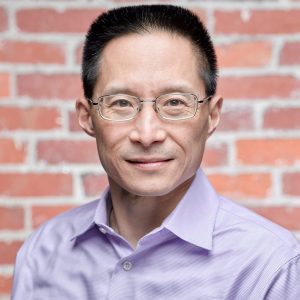 We’ve trained thousands of civic catalysts and we remind them to always localize when the pressure is to nationalize; to humanize when the incentives are to dehumanize; to practice mutual aid and service when the temptation is to turn inward.
We’ve trained thousands of civic catalysts and we remind them to always localize when the pressure is to nationalize; to humanize when the incentives are to dehumanize; to practice mutual aid and service when the temptation is to turn inward.
I want to share why I believe our work and our approach are right for this moment – and why we operate in terms that are longer and deeper than a moment.
Presidents can destroy things on a whim, and quickly. But only the people — by joining and inviting, inviting and joining — can rebuild the trust and the habits needed to hold a self-governing society together.
That is slow work. Can we who are patiently strengthening the fabric of citizenship place by place keep up with a president intent upon tearing apart institutions?
I believe this is the wrong question. We operate on a different tempo for a reason. Citizen University is not a resistance organization. It is a resilience organization. If you want an organization doing rapid tactical response to Trump’s excesses, they are out there. Our focus at CU is the underlying work of making a democracy worth preserving in the first place: to invite Americans from all backgrounds and beliefs to learn how to live together and govern ourselves — not just in elections and policymaking but in the give-and-take of everyday life.
What Donald Trump wishes to do today is not only to enact his agenda and priorities after having won an election. What he also wishes to do is to shock and awe Americans — supporters and opponents alike — into forgetting our power to solve problems on our own, with each other, without him and outside the bounds of good and evil determined by him.
A president is not the government; the government is not the country. We are the country – we the people and our countless institutions and associations and patterns of interaction. To continue to claim the places where we live, in all their diversity and pluralistic messiness, is to reject a single strongman’s solution to all our challenges. It is to give our democratic experiment a chance to keep on evolving.
That is why Citizen University exists: so that we remember the power we have – and use it to help create the planet’s first enduring mass, multiracial democratic republic. We emphasize the local not because people can’t get heated and polarized on local issues – rent control, anyone? – but because when we let everything get nationalized, we feed the magnetic pull of a strongman. Decentralization feeds freedom. We emphasize the relational not because understanding someone’s heart and backstory suddenly makes you agree with them – Thanksgiving dinner, anyone? – but because when everything gets dehumanized, it becomes easier to look past injustice and stifle civic conscience.
We at CU aren’t partisans against Trump or MAGA. We are what Alexis de Tocqueville called “partisans for democracy” — champions of a spirit of self-organizing rather than spectating, solving rather than complaining, and being independent in thought and action rather than being dominated and intimidated into group-think.
When great numbers of us remember our power to practice this kind of self-government, we shift the center of gravity.
This is the lesson of our own history as a nation. It is also the teaching of friends we have lately made in other societies — Brazil, India, South Africa, Poland — where democracy has been undermined, where authoritarians have come to power and used the state to silence citizens.
For some of you, direct and immediate countermobilizing against Trump’s attacks on courts, institutions of higher education, a free press, and disfavored minorities is how you’ll want to live like a citizen. If so, keep paying attention to the people in your community and not just Washington DC headliners, because it’s the former rather than the latter who ultimately determine whether democracy thrives. For others of you who support many of Trump’s goals even if you worry about his methods, living like a citizen means making sure you don’t justify everything he does in order to justify your original support for him. And for many more Americans, living like a citizen right now will not have a thing to do with Donald Trump.
Practicing power and cultivating character on issues other than Trump’s agenda — housing or homelessness, hunger and food insecurity, water rights and land use, traffic and transit, whatever might be front of mind where you live — is also a way of meeting this moment.
So is the work of inviting elders and youngers to meet in your small town or helping a librarian develop a project to welcome immigrants or supporting a local history museum as it tries to face the breadth of your community’s past. All this work – of and by civic catalysts attuned to relationships — is not a luxury or a distraction or a rearranging of deck chairs but rather the very stuff of self-government itself; right alongside the more explicitly political work that others are doing to litigate or elect new candidates or advocate in the media. This is the work that will ensure that this moment, painful as it is, can be but a moment in a larger story about a society that figures out how to put all of us in we the people.
It falls to all of us now, whatever pathway we choose, to recommit to living like citizens. We hope you’ll join us in this moment of high purpose.
